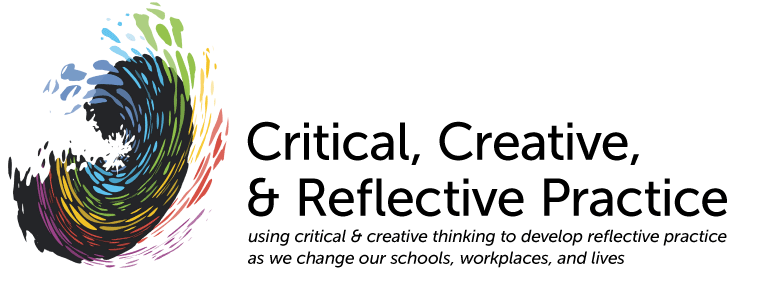Re-membering (with) Michael White
Two CCTer's acknowledge Michael's influence in an introduction to narrative work in our lives and communities
led by Laura Rancatore and Peter Taylor
November 19, 6.30-9pm
Narrative therapy and community work, following the lead of Michael White who died earlier this year (NYTimes obituary), help a person or a group acknowledge multiple past allies, aspirations for their lives, significant discoveries, problem-solving practices, etc. so as to write and realize alternative scripts (or narratives) to the ones that are limiting their lives.

Learn more by visiting http://www.dulwichcentre.com.au and downloading Michael White's workshop notes from http://www.dulwichcentre.com.au/Michael%20White%20Workshop%20Notes.pdf
The event can be listened to live at http://www.talkshoe.com/tc/16894 using your computer or phone -- or afterwards using your computer. Use of headphones to listen is recommended. (There is some low buzz throughout the session that has not been filtered out and the volume of a few quiet parts was amplified but some segments still remain slightly hazy - the part that corresponds with the video might require particularly high concentration by the listener to understand.) For more details/tips on talkshoe, click here.
Program
Introduction 1: Peter Taylor intersects with narrative workReading from a Michael White essay, "Saying hullo again: The incorporation of the lost relationship in the resolution of grief."
Introduction 2: Laura Rancatore intersects with narrative work
Video of Michael White introducing Barbara Meyeroff's idea of a definitional ceremony.
Narrative practices led by Laura for Peter after 10 years in CCT, consisting of two parts: 1. Re-membering Conversation; and 2. Outsider witness retelling.
- Remembering conversations evoke "life" as a club with many members. They promote a sense of identity that emphasizes the contributions that others make to our lives and to our understandings of self.
- Outsider witnesses will be the members of the CCT community that are present. They will be asked questions based on what they hear Peter say. Finally, he'll be asked similar questions based on what he hears them say.
Discussion about incorporating narrative practices and perspectives outside therapy, e.g., in CCT's students' reflective practice (with input from guest practitioners of narrative approaches).
yy = person at the focus; zz = current situation of yy that invites a Re-membering Conversation, to be filled in before starting the Conversation; xx = the person s/he chooses to re-member with.
1. Re-membering Conversation
Could you think of someone who's been in your life that wouldn't be surprised that you would be [zz]?
a. Can you tell me something that xx contributed to your life? What did they invite you to share in, to be part of?
b. Could you say something about what xx appreciated about you that had them contributing these things to your life?
c. Thinking back, what did you do to take in their appreciation?
d. What do you think it contributed to xx's life that you were available for them to take an interest in and appreciate? How do you think xx's life was different for knowing you in the way that they did?
e. What has it been like to talk, as we have been, about you and xx?
2. Now we shift to Outsider Witness Retelling, in which you sit back and listen while I ask a series of questions of the listeners.
a. What particular words or phrases struck you as yy was speaking?
b. What images came to mind about what was important to yy?
c. What is it about your life that meant these images came to mind?
d. What has been confirmed for you by making this connection with what yy said?
e. What difference will remembering this make in your own life?
Finally, I'm going to ask yy a similar set of questions about what s/he's heard.
a. What particular words or phrases stood out for you?
b. How are they connected to values that are significant for you?
c. Does anything seem more possible for hearing these things?
d. Can you describe what the first steps to take might be?
e. What's it been like to talk as we have been?
f. Is there anything more you want to say?
